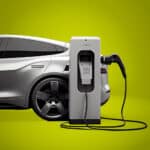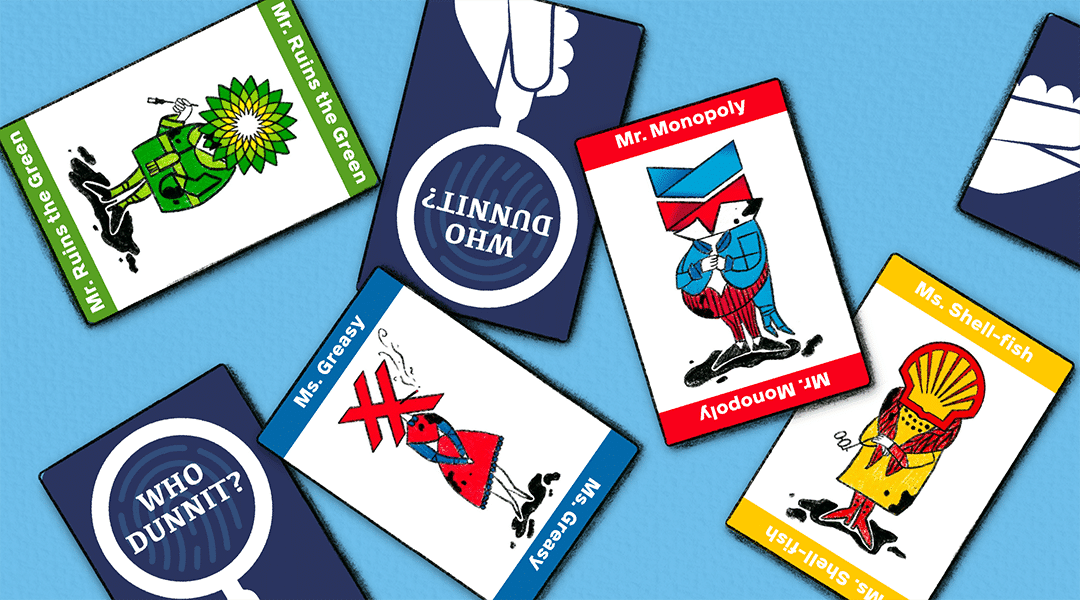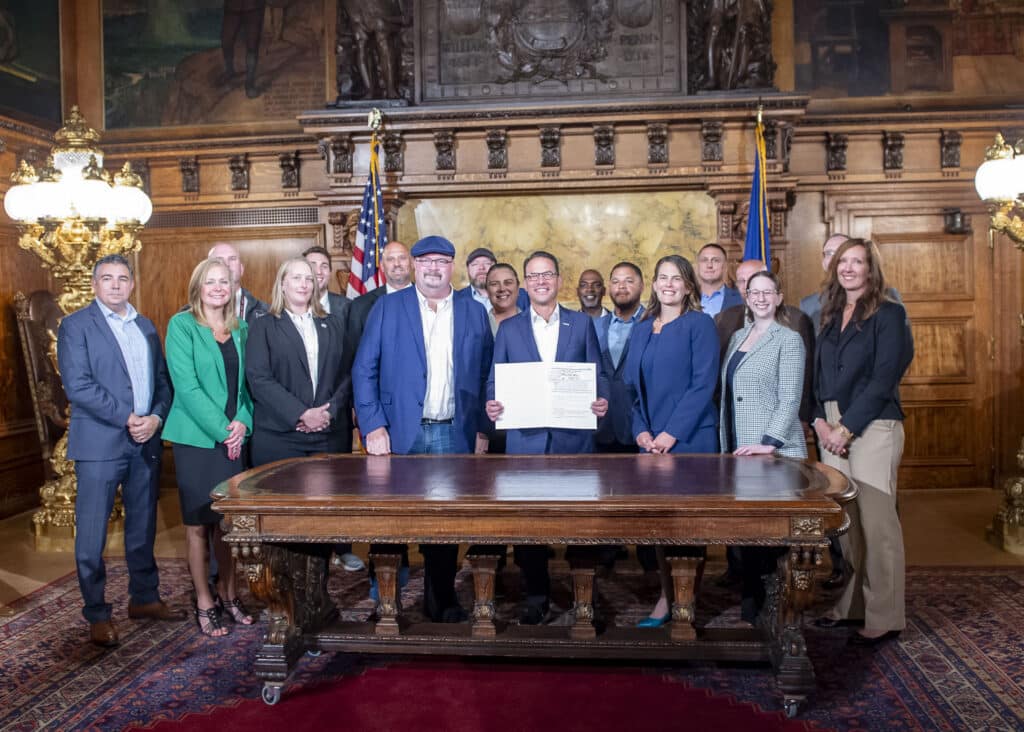In this piece, Generation180’s executive director, Wendy Philleo, lays out how the fossil fuel industry has manipulated American consumers into climate inaction for decades. Armed with this information, we hope readers will get fired up and feel empowered to join millions of people already ending their toxic relationship with oil and gas and choosing to power their lives with cleaner, healthier, renewable energy.
If we really value independence as a nation, let’s fight to become independent from our reliance on dirty, polluting fossil fuels.
Forty years ago, both scientists and Exxon knew that the earth was warming, and that CO2 emissions from the burning of fossil fuels were the root cause. In fact, Exxon scientists knew about it years before it became a public issue. When presented with the facts, instead of changing course, Exxon executives doubled down and created a robust disinformation strategy. The oil giant spent the next three decades–and millions and millions of dollars in a global disinformation campaign–to block, delay, and discredit action on climate change.
Meanwhile, in the 1980s, the science continued to pile up, culminating in renowned climatologist James Hanson testifying before Congress about the projected perils of unchecked emissions. During this time period, solar and other clean energy technologies began to take off and have since bypassed coal as the cheapest U.S. energy source–suggesting that better, cleaner energy sources could have replaced fossil fuels long ago had we significantly invested in them earlier.
What this means is: We’ve had solutions for over forty years and we’ve been lied to and discouraged from investing and implementing these solutions. We now have a comprehensive view of Exxon’s strategy, thanks to a peer-reviewed study by Harvard research associate Geoffrey Supran and Harvard science historian Naomi Oreskes. In this detailed analysis, they show how hard the oil giant has worked to keep the conversation about climate solutions focused on the consumer, effectively individualizing responsibility for the problem. Gun, fossil fuel, and tobacco industries have all used a similar playbook to promote their harmful products and convince people that the truth can’t be known, delaying policy action.
First, the fossil fuel industry worked to spread denial that climate change was real. Then, when the science became overwhelming, they fought to delay, claiming: climate change might be real, but it’s too expensive and the clean energy technology is too new. Groups like the American Petroleum Association, American Gas Association, American Energy Alliance, the Global Climate Coalition, and think tanks like the Heritage Foundation (and many others) have spent hundreds of millions of dollars to cast doubt and to lobby and stall climate policies.
Many examples can be found in ExxonMobil’s advertising materials up until 2019, messaging that deflects attention away from the oil company’s role in fueling climate change and directs public attention toward consumers’ behavior.
Sometimes when I meet people for the first time, and I tell them I work on sustainability and climate issues–they get a bit nervous and say things like: “Oh, I try to bring my own bag to the store, or “I recycle!” Or, “I feel badly that I fly too much.” They feel guilty. Many of us feel badly about our “carbon footprint.” Shaming individuals shifts attention away from what the fossil fuel industry is doing and it shuts people down from speaking out about the issue. Seeing their climate behavior as imperfect, people may be more disinclined to act. The ‘I drive, I fly, I eat meat’ conversation stops people from speaking out because they don’t want to feel hypocritical.
It’s not that what we do as individuals doesn’t matter–it does, but in specific ways.
I’ll get to that, but first, I want us to stop feeling guilty about not doing enough. I want us to get angry at what’s been taken from us, and at the same time hopeful about what’s possible. We would be in a very, very different place now if the fossil fuel industry and their allies had not obstructed action, time and time again, on climate for the past 40 years–leading us to the climate emergency we are in now.
We need individuals to know that yes, our energy choices matter. Not just by cutting personal carbon emissions, but as influencers: Our individual energy choices matter because we are helping build social norms and create consumer demand for better products. But even more importantly, we need to become clean energy constituents and demand that our communities, our schools, and our local and federal governments invest in building a clean energy future.
If there is one thing you take away from this article, I hope you remember this: You have incredible influence on those around you. Behavior science research shows, if you think your peers are using clean energy, you’re more likely to try it too. Use that influence. We need to move people beyond seeing themselves just as consumers and get them to exercise their other muscles–as citizens, voters, and as constituents–and demand that the clean energy transition happen faster.
And now is the best time to act because we have momentum on our side. Renewable energy is highly popular in the United States, across the ideological spectrum. We need people to see that a new, better way of life is possible–now. And we need to move folks from feeling guilty and stuck to feeling empowered and engaged.
The good news is: the actions you can take–upgrading your homes, driving electric, solarizing your school, divesting from fossil fuels–those climate solutions are here, they’re working, and we just need more people to embrace them. And we need more people to speak up and fight for a clean energy future.
It is my life’s work to help move us from our fossil fuel dependence to a cleaner, resilient, and more equitable clean energy future. I know that we can make this critical transition happen.
We’ve got this–together.
Want more? Check out our piece on The Truth About Fossil Fuel Subsidies, learn more in this PBS series about the long history of climate misinformation, and check out ways individuals can make a difference.















